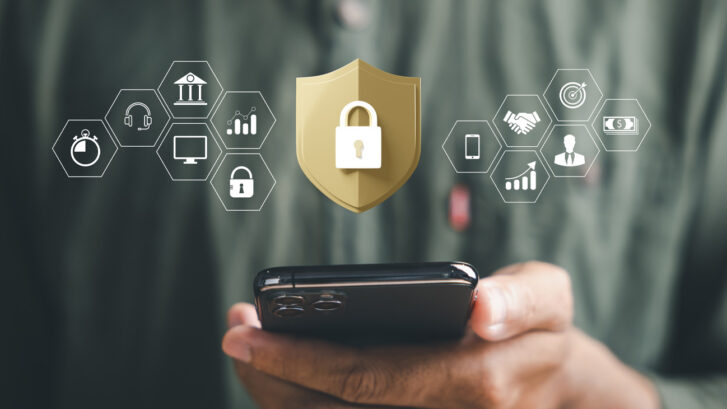Complete Guide on How to Keep Your Data Protected Online
In the digital age, protecting your personal information online has never been more critical. With cyber threats evolving every day, it is essential to adopt robust security measures to safeguard your data from unauthorized access and cyber threats. This comprehensive guide will walk you through the necessary steps to ensure your data remains secure online.
Understand the Importance of Strong Passwords
One of the first lines of defense in data protection is your password. Creating strong, unique passwords for each of your accounts is crucial. Avoid common words and phrases, and incorporate a mix of uppercase and lowercase letters, numbers, and symbols. Consider using a password manager to generate and store your passwords securely. This not only strengthens your security but also simplifies the management of your passwords.
Enable Two-Factor Authentication (2FA)
Two-factor authentication adds an additional layer of security by requiring two forms of identification before you can access your accounts. This method typically combines something you know (your password) with something you have (a smartphone app or a physical token), significantly reducing the risk of unauthorized access.
Regularly Update Your Software
Cyber attackers frequently exploit vulnerabilities in outdated software. Ensuring that your operating system, applications, and web browsers are up-to-date with the latest security patches is vital. Turn on automatic updates to avoid missing any critical security improvements.
Use Secure Networks
Avoid using public Wi-Fi networks for sensitive transactions, as they can be easy targets for cybercriminals. If you must use a public network, ensure that you connect via a virtual private network (VPN) to encrypt your internet traffic and protect your data from prying eyes.
Be Wary of Phishing Attacks
Phishing attacks use fraudulent emails or texts that mimic legitimate institutions to trick you into providing sensitive information. Always verify the authenticity of requests for personal information by contacting the company directly using a known email or phone number.
Encrypt Your Data
Encryption is a powerful tool for protecting your data. Encrypting your data makes it unreadable to anyone without the correct decryption key. Use encryption for your hard drives, USB drives, and even cloud storage to keep your personal information secure.
Secure Your Home Network
Your home network is a potential entry point for cyber threats. Secure it by changing the default username and password, disabling network name broadcasting, and using WPA3 security protocol if available. Additionally, keep your router’s firmware up to date to protect against vulnerabilities.
Understand the Significance of Online Privacy
Maintaining your privacy online is just as important as protecting your physical data. Be selective about what personal information you share on social media and other online platforms. Review the privacy settings on your accounts to control who can see your information and adjust them accordingly.
Educate Yourself and Others
Awareness is your best defense against cyber threats. Stay informed about the latest cyber security trends and threats by following trusted security resources. Share this knowledge with friends and family to help them protect their own data.
Phone Number Privacy and Protection
Protecting your phone number is essential as it can be a gateway to your personal data. Consider using services like YouMail that provide a secondary phone number to mask your real one. Be cautious about where you share your primary phone number—whether on social media, online forms, or other platforms.
YouMail Privacy Scan
To further enhance your data protection, consider using tools like the YouMail Privacy Scan. This tool quickly identifies where your personal information is vulnerable to scams and identity theft. It’s fast, taking about 60 seconds, and it’s free. After your scan, YouMail allows you to automatically remove your information from sites where it might be exposed, further securing your data.
Protecting your data online requires diligent effort and the right tools. By following these guidelines, you can significantly decrease the risk of data breaches and enhance your online security.





